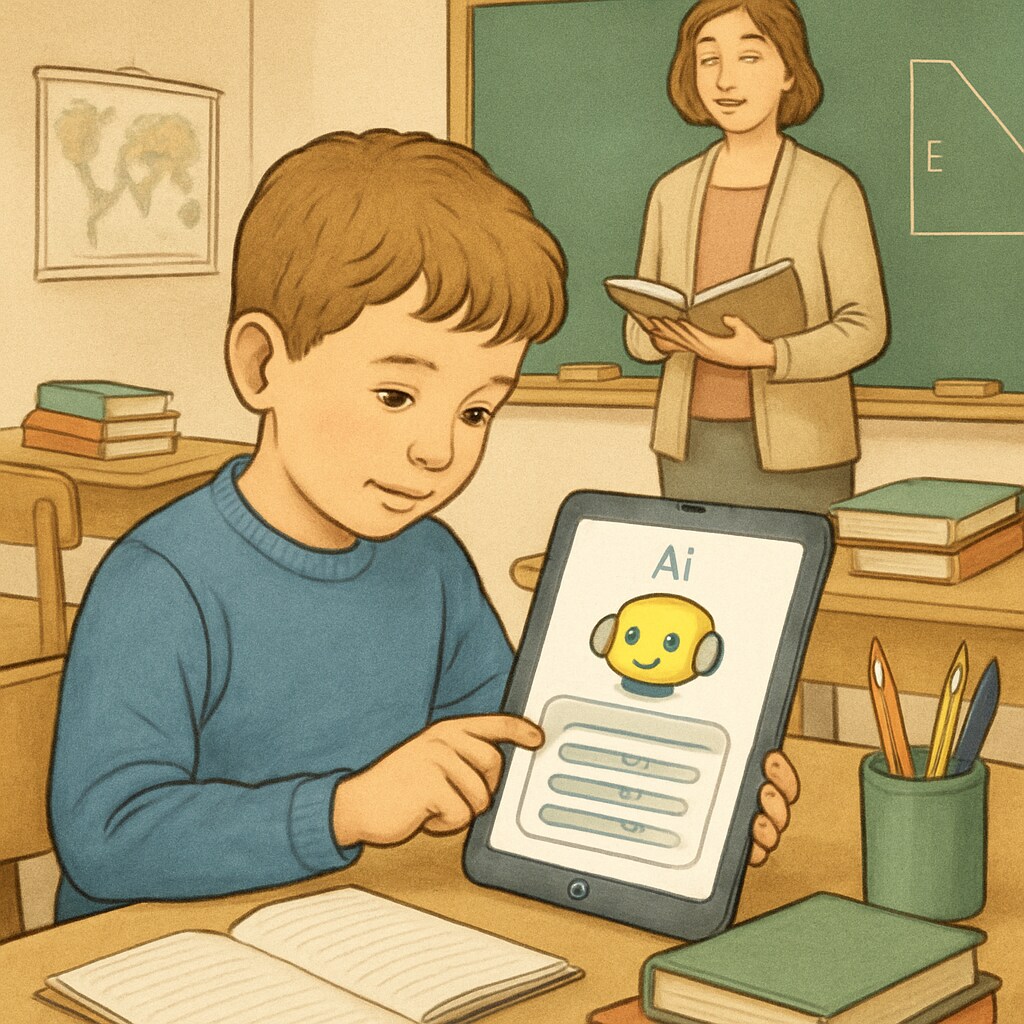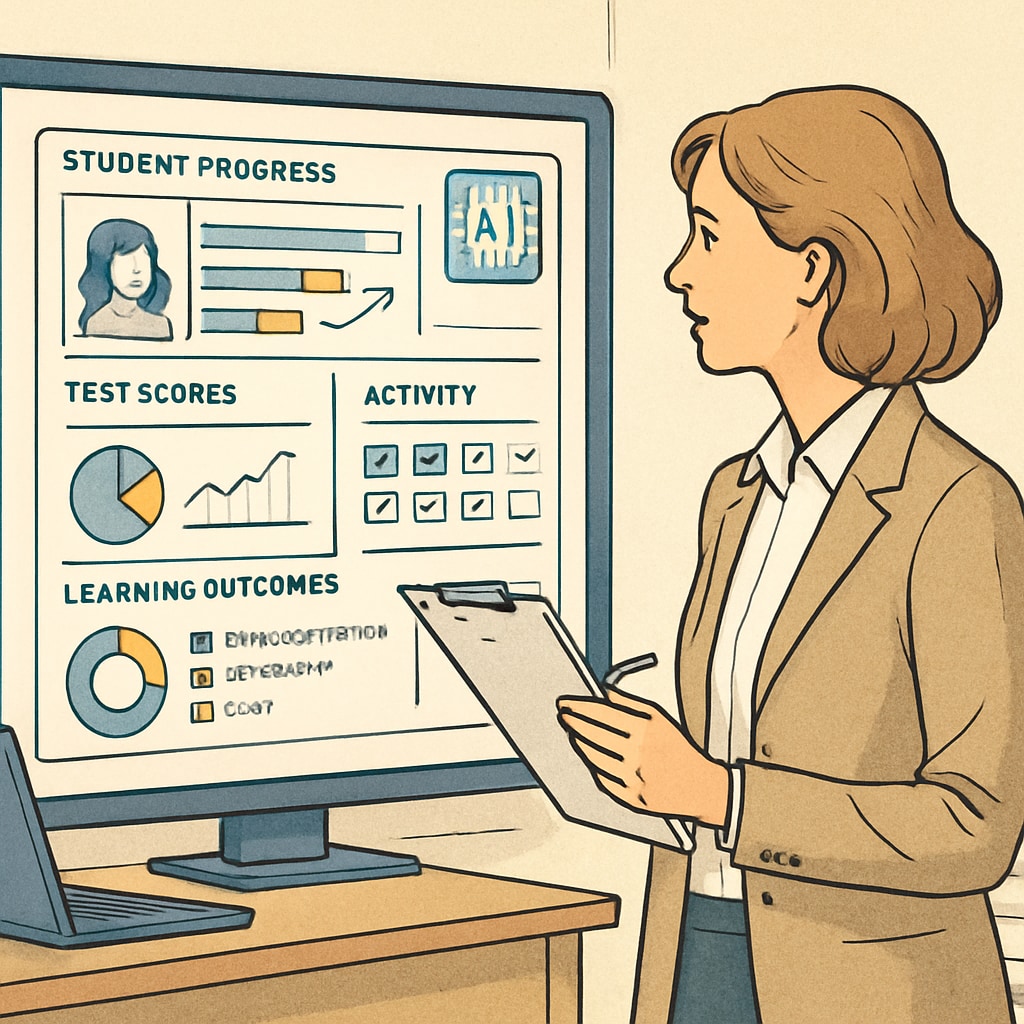Artificial intelligence (AI) is reshaping education systems globally, bringing unprecedented changes to K12 education. With its ability to tailor learning experiences, address diverse student needs, and support educators, AI is at the forefront of the education future trend. By 2030, the integration of AI will redefine traditional educational models, fostering personalized, adaptive, and globally connected learning environments. This article delves into how AI is transforming K12 education today and envisions the transformative potential of AI in the 2030 education landscape.
The Role of AI in Personalizing K12 Education
One of the most significant impacts of AI in education is its ability to personalize learning. Traditional classrooms often struggle to cater to the diverse learning speeds and styles of students. With AI, however, adaptive learning systems can analyze student performance data in real time, identifying strengths, weaknesses, and preferred learning methods. As a result, customized learning paths can be created for each student.
For example, AI-powered platforms like Khan Academy already use algorithms to provide tailored content recommendations. By 2030, these systems are expected to evolve further, integrating advanced natural language processing (NLP) and machine learning to offer even more accurate and intuitive support. This level of personalization not only enhances student engagement but also ensures that no student is left behind.

AI-Driven Adaptive Learning Environments
AI is also transforming how learning environments adapt to students’ needs. Beyond customization, AI can create dynamic classroom settings that respond to real-time feedback. For instance, AI tutors can identify when a student is struggling and provide immediate interventions, such as additional resources or alternative explanations. This adaptive capability ensures that students remain on track and motivated.
Moreover, AI-powered tools are revolutionizing special education. For students with learning disabilities, AI can offer assistive technologies such as speech-to-text applications or interactive learning simulations. These tools empower students to participate fully in the classroom, breaking down barriers to learning.

Preparing Students for a Globalized and AI-Powered Workforce
As the global economy evolves, AI is reshaping the nature of work. The skills required for the future workforce—critical thinking, creativity, and digital literacy—are increasingly becoming a focus of AI-driven education. By 2030, K12 education systems will likely incorporate AI into their core curricula, teaching students how to work alongside AI tools effectively.
For example, AI-powered simulations can introduce students to real-world problem-solving scenarios, preparing them for careers in fields like data science, engineering, and healthcare. Additionally, global collaboration platforms driven by AI will allow students from different countries to work together on projects, fostering cross-cultural understanding and teamwork.
The Ethical Considerations of AI in Education
While the benefits of AI in education are numerous, its implementation comes with ethical challenges. Issues such as data privacy, algorithmic bias, and the digital divide must be addressed to ensure equitable access to AI-driven learning tools. Policymakers, educators, and technologists must collaborate to establish guidelines that prioritize student well-being and inclusivity.
For instance, initiatives like the AI Ethics Guidelines emphasize transparency and fairness in AI applications. By 2030, it is essential to have frameworks in place that uphold these principles, ensuring that AI enhances education without compromising ethical standards.
Conclusion: The 2030 Vision for AI-Driven Education
By 2030, AI will have fundamentally transformed K12 education, creating a system that is more personalized, adaptive, and globally connected. From tailored learning experiences to AI-powered workforce preparation, the potential of AI in education is boundless. However, realizing this vision requires addressing ethical concerns and ensuring equitable access to AI technologies.
As we look toward the future, one thing is certain: AI is not just a tool for education—it is a catalyst for change, driving the evolution of learning in ways we are only beginning to understand.
Readability guidance: Short paragraphs, clear transitions, and a balanced mix of examples and future outlooks ensure accessibility for readers. Key topics are summarized under distinct subheadings for clarity.


